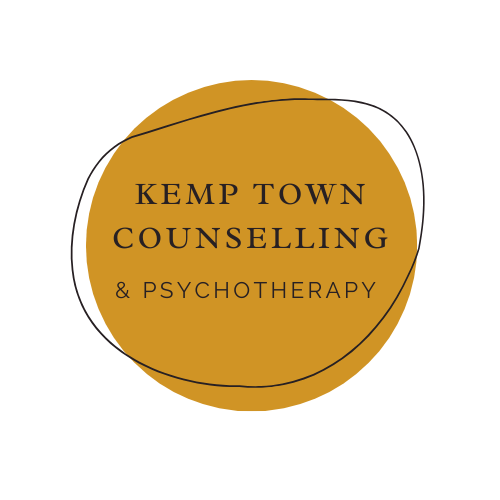Therapy and COVID-19 - The Global Grief process
Holding on and letting go
With the current, unprecedented situation surrounding COVID-19, you might find your levels of anxiety are rising, sleep disturbed and it’s hard to focus due to the amount of uncertainty about life as we’ve known it. Life feels surreal right now, grappling with the in-between of knowing a couple of weeks ago this virus wasn’t even on our radar and how it will shape our future.
Whilst we might be regularly checking the news for the latest update, holding onto the hope of an imminent vaccine breakthrough or a decrease in it’s acceleration on our planet, we might find ourselves stuck in a desire to try and focus on the ‘positive’ aspects of the situation. I too have found myself seeking out the bonuses - more time at home, spending time cooking & crafting, conversations with friends as a way to either alleviate my own sense of distress or to distract myself from the reality of the situation. But the fact is, everything feels a bit shit right now. Kids are unable to complete their GCSE’s which they’ve worked towards the entirety of the secondary school career, parents trying to maintain work whilst looking after their children (and even attempting to home educate them), constant concern that distant elderly relatives might be putting themselves at risk by continuing with their weekly routines - the routines that you know help ease their permanent state of isolation and loneliness. I simply wish to re-iterate:
Life feels a bit shit and surreal right now. The fact is, it needs to be this way to ensure people don’t die unnecessarily.
The world is gripped in a grief process. The domino effect of losses that have permeated the stronghold of capitalism have left us bereft. We have sat in denial that the crisis required us to act by restricting our daily lives until it was unrecognisable. We’re angry that our way of life has changed overnight. The bargaining has begun from people with their excuses for ignoring the advice given from the authorities, a blatant “it doesn’t apply to me because I’m young, healthy” etc. Then comes the depression… for those who have been made redundant, remain unpaid or are key workers they may already be feeling the waves of depression mixed with anxiety like a heady mix. It can take us by surprise. Not knowing where to turn or who will help, sitting in silence at the fact our hopelessness can leave us feeling suffocated. Breathe. Let any tears flow. You don’t have to swallow the impact that the crisis is having on you or your loved ones. We seem to have a narrative of ‘be strong’ or ‘keep going’ as a nation (Yes, you UK) and by swallowing the way we currently feel then the end result is for emotional de-pression. Frontline response services, such as NHS staff, Police, teachers may need to handle their emotions with objectivity as they need to make important (sometimes life or death) decisions. Don’t force yourself to feel any other way than you’re feeling. It’s OK to feel numb, sad, angry or disturbed. There’s no right or wrong way to feel about a crisis.
From my own unsteadiness, my supervisor invited me to acknowledge and allow myself to voice the fact I feel it’s a bit shit at times. Through allowing my own process space to be, it has helped assist the alleviation of my default state of catastrophising thoughts! It feels akin to emptying a little water from my glass so there’s space for it to be filled with something else. By not avoiding my current process, it loses some of the potency it has held over me. I’ve given myself the gift of grief.
As with grief, over time it becomes smaller and takes us less space in our lives. We know that this is a state of impermanence. I expect there are several readers thinking that I’m all doom & gloom - I’m far from. I wanted to write about COVID-19 from a place where I understood what was happening for myself, in my interactions so that I can continue to support my clients. In therapy, I explain to clients that in order to experience the joy in life, we often experience the pain of loss first. Unfortunately the two are inextricably linked. This is why I believe it’s important for us to acknowledge that we’re grieving, our children are grieving and our partners are too. Allow them, and yourself, that space.


